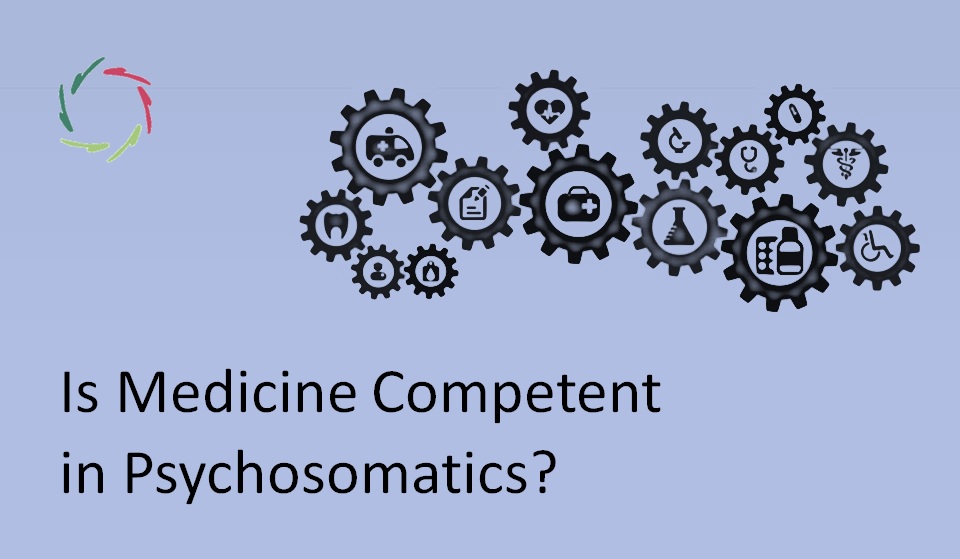About < Placebo> In-Depth

In-depth, placebo shows a direction to explore with different means and towards greater humanity.
[see: My favorite video about placebo on YouTube.]
The term ‘placebo’
More interesting than bickering about terms is a clarification of concepts. This also makes one think more deeply about what is significant enough to warrant different concepts. [see: “Placebo: I will please… whom?”]
To me, the quintessential placebo is the sugar pill, given as a painkiller. By definition, this involves deception. Placebo doesn’t work without it. [see: “Placebo Without Deception?”] As such, a placebo can be any product, service, or environment ― anything that carries a deeper meaning to the receiver. [see: “Two Meanings of ‘Meaning’”] In all these cases, placebos can be pretty potent. [see: “How Active is Placebo?”]
The receiver is not a deceiver, nor a malingerer, weak-headed or insane. Any average person is sensitive to placebo, one way or another. The difference is also cultural. For example, some cultures are more susceptible to injection placebos than others. This is also profoundly meaning-related.
Let us focus on the following difference now:
Placebo – empathy
To me, these are meaningfully very different. Both are instances of suggestion; this is subconceptual communication. [see: “Suggestion: Communication to the Subconscious”] However, placebo being about deception, empathy is about openness.
Especially in the domain of human depth, this is of utmost importance.
The non-conscious is mostly ignored either directly or functionally. [see: “The Non-Conscious is No Automaton”] No wonder that this is also frequently the case in explanations of the placebo effect. The same with empathy. I see it as crucial that this confusion gets eradicated.
Properly taking the non-conscious into account, the placebo picture becomes more evident. [see RG: “The Placebo Effect: How the Subconscious Fits in“] Also, the difference with empathy becomes clearer. ‘Deception vs. openness’ is relevant at the non-conscious level. One needs insight into this to appreciate the difference entirely.
Compassion, placebo, empathy-beyond (the conceptual)
You find a science-based article about empathy-beyond at: [see RG: ”Empathy Beyond the Conceptual Level”] To me, in empathy beyond the conceptual, we find Compassion.
Taking the crucial difference into account, in the last few sentences (and hyperlinks), placebo and empathy get joined at the deeper level. Thus, much ancient wisdom and present-day brain research can be unified. Significantly, placebo effects are shown in many health-related domains. It is worthwhile to harness that, but can we get beyond deception and into Compassion in all these domains? Can we open placebo to Openness?
My answer is ‘Yes.’ The method I see is autosuggestion, also related to meditation. This works best in complete friendliness toward the total-person. [see: “Meditation = Being Friendly”] It needs an ethical fundament that accords to Compassion all the way through. In my view, this can be found in openness, respect, freedom, depth, and trust. [see: “Five Aurelian Values“] In that case, autosuggestion is self-Compassion in practice.
I guess you know where we have ended.
No placebo deception is needed in a combination of rationality and depth. [see: “AURELIS USP: ‘100% Rationality, 100% Depth’“]


